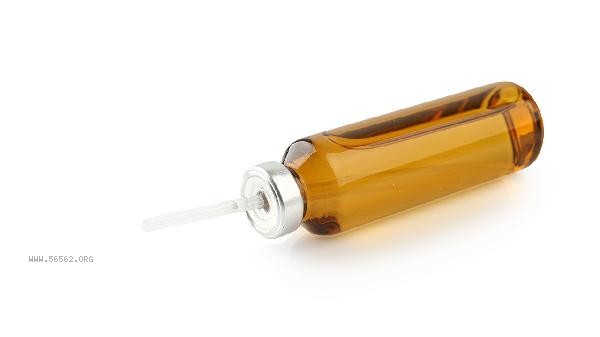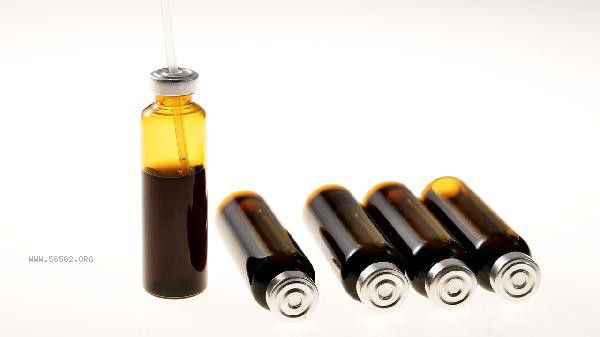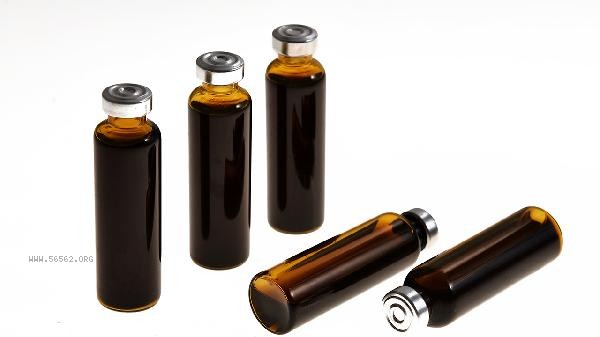Zinc gluconate tablets and oral liquids each have their own advantages, and the specific choice depends on individual needs. Zinc gluconate tablets are easy to carry and have accurate dosage, suitable for adults or those who need long-term supplementation; Zinc gluconate oral solution absorbs faster and is suitable for children or people with swallowing difficulties. The main component of zinc gluconate tablets and oral liquids is zinc gluconate, but the differences in dosage form result in different user experiences. The tablets are made using compression technology, with a fixed zinc content per tablet, suitable for individuals who require precise dosage control, such as pregnant men or long-term zinc deficiency patients. The outer packaging of tablets is usually made of aluminum-plastic panels, which have good sealing and are not easily affected by moisture, making them convenient for office workers or business travelers to carry with them. Tablets disintegrate slowly in the stomach, and the release of zinc is relatively gentle, which can reduce gastrointestinal irritation. Some tablets have added flavoring agents, which can mask the metallic taste of the zinc agent. Oral liquid is a liquid form, which is usually added with sweeteners and fruit essence to improve the taste, and is more acceptable to children. Liquid dosage forms do not require digestion and decomposition, and zinc ions can be directly absorbed through the oral mucosa and stomach, with a shorter onset time than tablets. The oral liquid is equipped with a quantitative dropper or measuring cup for easy adjustment of dosage, suitable for infants and young children to calculate dosage based on body weight. Some oral liquids are supplemented with vitamin C or B vitamins to enhance the absorption and utilization of zinc. The two dosage forms also have certain limitations. Tablets require sufficient stomach acid to help dissolve, and those with insufficient stomach acid secretion may affect absorption efficiency. Some tablets have a large volume, which may be difficult for children or the elderly to swallow. After opening, oral liquids need to be refrigerated and have a shorter shelf life, making them less convenient to carry outside than tablets. The sugar content of liquid dosage forms is usually high, and diabetes patients need to choose carefully. Some oral liquids contain preservatives or pigments, and allergic individuals may experience adverse reactions. For patients with severe zinc deficiency, tablets are more likely to achieve high-dose supplementation, while oral liquids are more suitable for mild deficiency or preventive supplementation.

When selecting, age, purpose, and physical condition should be considered comprehensively. Adults should prioritize tablets, while children or those with weak gastrointestinal function can choose oral liquids. Regardless of the dosage form, it is recommended to supplement zinc under the guidance of a doctor to avoid co administration with calcium and iron preparations that may affect absorption. Daily diet can be paired with zinc rich foods such as oysters and beef, but excessive zinc supplementation may cause discomfort symptoms such as nausea and headaches. If any abnormalities occur during use, seek medical attention promptly and adjust the plan.











Comments (0)
Leave a Comment
No comments yet
Be the first to share your thoughts!